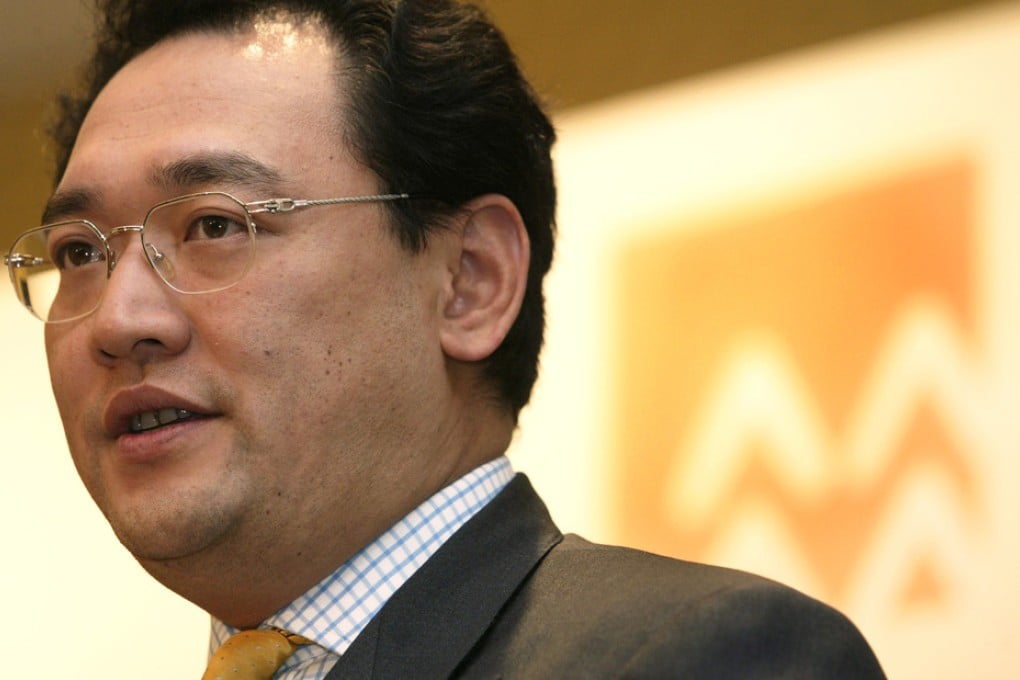China Briefing | Do graft-busters have a new tiger in their sights?
The downfall of China Resources chief Song Lin has drawn attention to the 'Shanxi gang' of officials and mine owners who built fortunes on coal

The dramatic developments that led to the sacking and detention last week of China Resources chairman Song Lin on corruption allegations have become the talk of the town in Hong Kong and Beijing.
And this is not just because 51-year-old Song was once considered a political rising star at the helm of one of China's largest conglomerates, which controls 2,400 firms, including five Hong Kong-listed companies, and employs half a million people.
It is believed that the authorities are set to press formal charges of corruption against Zhou Yongkang, a former member of the Communist Party's Politburo Standing Committee and public security tsar. Song's downfall now further heightens speculation - and expectations - that the leadership is closing in on one or more other high-level officials in President Xi Jinping's anti-corruption campaign against both high-ranking and lowly officials - his so-called tigers and flies.
Mine bosses and corrupt officials used their wealth to lobby and buy protection
In a sharply worded commentary, the website of the party-controlled raised an obvious but important question: which government leader was responsible for holding up the investigation of Song for nearly a year since allegations of economic irregularities started to surface nearly two years ago?
Indeed, the accusations of irregularities emerged soon after China Resources allegedly overpaid for mining assets in Shanxi province by several billion yuan in February 2010. Investigative reports by some enterprising mainland journalists showed that most of the mining assets were idle. Moreover, China Resources quickly paid cash for the mines, even though some of them did not have official mining permits.
Since last June, at least three mainland journalists, including Wang Wenzhi, a senior reporter at an official newspaper controlled by Xinhua, have suggested in Weibo posts that anti-graft investigators look into the allegations, and specifically the dealings of Song, who they said pushed through the deal.
Song immediately denied the allegations in an official statement from China Resources and threatened to sue those who spread rumours and innuendo about himself or the company.
Song and China Resources launched a public relations drive and sought the help of certain officials to lobby mainland media not to pursue the case. China Resources allegedly started to approach key media with promises of multimillion-yuan advertising deals.

